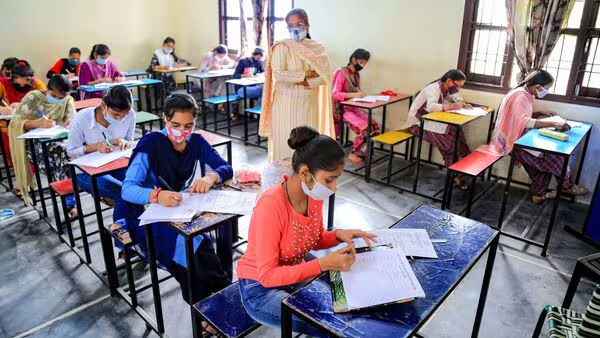The recent arrest of 26 cybercriminals in India under Operation Chakra-III marks a significant milestone in the ongoing struggle against cybercrime. This multi-state crackdown by the CBI underscores a pressing reality: as our lives become increasingly digital, the threats we face in the cyber realm grow more sophisticated and pervasive.
The operations targeted not just local perpetrators but a well-organized network engaged in international fraud, exploiting vulnerable populations through phishing schemes, tech support scams, and identity theft. This highlights a crucial point: cybercrime is not confined to national borders. It is a global menace that demands a coordinated response from law enforcement agencies across the world.
The sheer scale of this operation—raids conducted in multiple cities, the interception of over 170 individuals, and the seizure of substantial evidence—demonstrates a commendable level of commitment from Indian authorities. However, while this operation is a victory, it is merely one battle in a much larger war. Cybercriminals are constantly evolving, employing increasingly complex tactics to evade capture. This underscores the urgent need for India to continue investing in its cybersecurity infrastructure and to stay ahead of emerging threats.
Moreover, the international dimension of these cybercrimes cannot be overlooked. Many victims reside in countries like the USA, UK, and Canada, which illustrates the transnational nature of these networks. This reality calls for stronger international collaboration in sharing intelligence and resources. Nations must unite to develop frameworks that enable them to combat cybercrime collectively, ensuring that perpetrators cannot find refuge in the anonymity of the internet.
The success of Operation Chakra-III serves as a potent reminder that vigilance and cooperation are vital. It sends a clear message to cybercriminals: while the digital world may offer a veil of anonymity, it cannot shield them from the long arm of the law.
As we celebrate this achievement, it is crucial to remember that the fight against cybercrime is ongoing. India must not only bolster its law enforcement capabilities but also promote cybersecurity awareness among its citizens. By educating the public about the risks and equipping them with knowledge on how to protect themselves, we can create a more resilient society.
In conclusion, Operation Chakra-III is a significant step forward, but it is just the beginning. As cybercriminals adapt, so too must we. A robust response, both domestically and internationally, is essential to ensure that we can safeguard our digital lives and hold those who exploit them accountable. The battle against cybercrime is one we must win, not just for ourselves, but for future generations.




